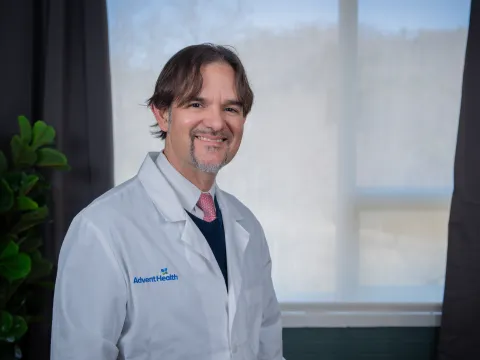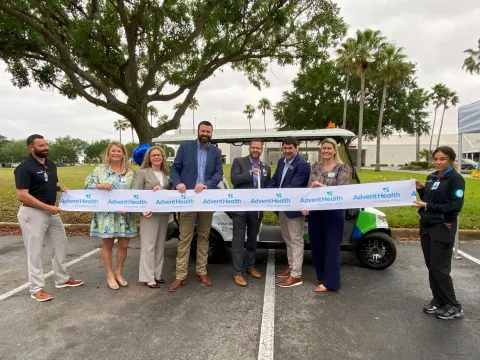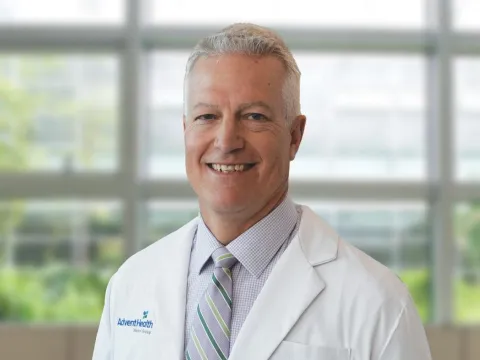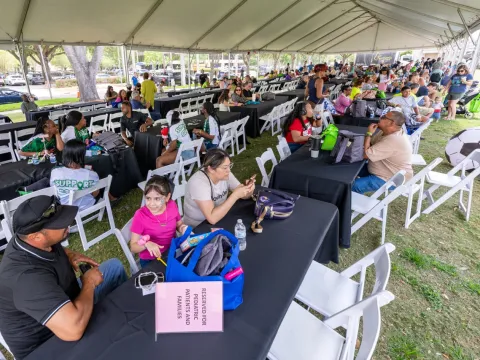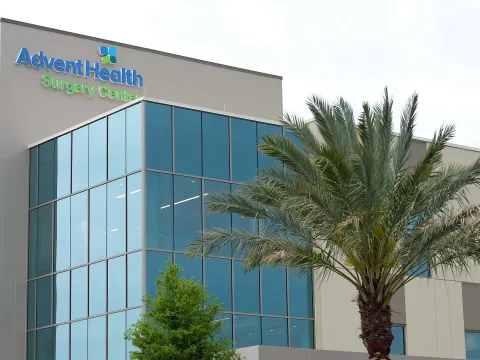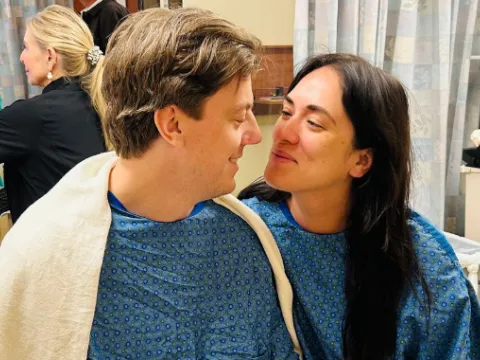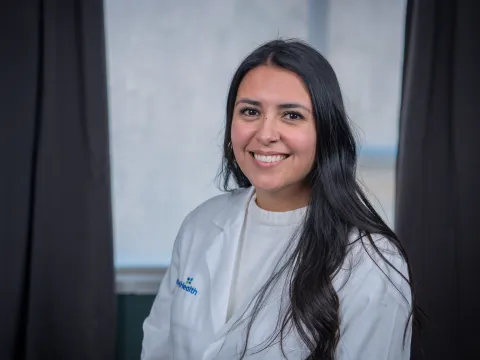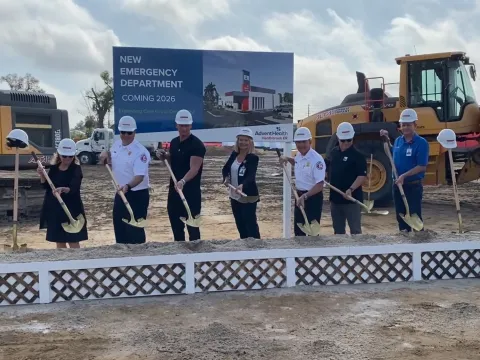- Chelsea Etheridge
Choose the health content that’s right for you, and get it delivered right in your inbox.

Did you know one out of eight men will be diagnosed with prostate cancer in their lifetime? The American Cancer Society (ACS) informs us that prostate cancer is the most common cancer aside from skin cancer for men in the United States. It is also the second most common cause of cancer death among men, with the first being lung cancer. Promoting cancer prevention and health screening education is vital, as men’s health issues can often be overlooked.
For men who are questioning if they should get screened for prostate cancer or other general screenings, the best place to start is to consult with your primary care provider. For prostate cancer, the ACS suggests speaking with your doctor about screening between the ages of 40 to 50 depending on risk factors for prostate cancer, including family history of prostate cancer at an early age (less than 65 years old) and if you are of African American race.
The majority of men with localized, early-stage prostate cancer are asymptomatic. When detected early, prostate cancer can be safely monitored or treated depending on cancer risk. However, if a patient waits until symptoms develop, he is more likely to have advanced disease, which could limit treatment options.
Some of the symptoms of prostate cancer may include the following:
- Back pain
- Blood in urine
- Changes in urine flow/frequency
- Pain while urinating
- Pelvic pain
For a screening, you can expect to receive a prostate-specific antigen (PSA) blood test that analyzes protein levels made by cells in the prostate gland and a digital rectal exam (DRE) which allows your provider to check your prostate for lumps or anything out of the ordinary. Additional screening options may include a prostate MRI and other advanced blood/urine tests. After taking some time to discuss with your loved ones and deciding you are ready for your prostate screening, coordinate the appointment with your doctor.
“Prostate cancer is highly treatable when detected early,” said Ryan J. Mullins, MD. “That’s why screening and early detection are so important.”
Dr. Mullins, a board-certified urologist, recently joined the stellar, expertise-filled team at AdventHealth Medical Group Urology at Calhoun, which includes fellowship-trained urologic oncologist Hak Lee, MD, M. Lynn Herring, MSN, FNP-C, and Joanne Hooks, FNP-BC. Originally from Calhoun, Georgia, Dr. Mullins is passionate about advocating for patients’ health and wellness.
“The need to be screened doesn’t end with prostate cancer,” said Dr. Mullins. “For a healthy, thriving life, all men will need to consider a multitude of health screenings to stay up to date on their overall well-being.”
Other important screenings include:
- Cholesterol screening
- Diabetes screening
- Blood pressure screening
- Depression screening
- Colorectal cancer screening
- Testicular cancer screening
- Cardiovascular disease
- HIV and STD screening
- Hormone screening in symptomatic males
The list goes on and on, but it is paramount to be aware of your current level of health and fitness. Each examination ensures a level of confidence when thinking about the future, and since men have a one-in-two chance of being diagnosed with cancer, it is never too late to start being precautious.
“Health screenings are offered to measure a person’s vitality, and they are a valuable tool to help become more proactive in your well-being,” said Dr. Mullins.
Dr. Mullins and countless other AdventHealth health care providers are at your disposal to help you live your best life, and they can offer their expertise if you seek it.
The time to be better prepared and to grow your health care knowledge is now and be sure to take it step by step. Collectively, more and more men can implement healthier habits by eating better and being more active but also by motivating other men around them. Men’s health can sometimes be overlooked. To bridge the gap, men must unite in leading healthier lives — not only for themselves, but also for their families and loved ones.
Recent News
Local leaders, officials, and construction workers gathered today to commemorate a major milestone in the expansion underway at AdventHealth Daytona Beach: placing the final steel beam.
AdventHealth is excited to introduce Eugenio L. Menendez, DO, FACP, to our community of care. He is joining the team at AdventHealth Medical Group Family Medicine at Hendersonville* following the...
AdventHealth Heart of Florida and AdventHealth Polk Foundation leaders are delighted to unveil a new courtesy visitor shuttle meant to enhance accessibility and comfort for patients.
Dr. Jeffrey Keen, a board-certified orthopedic surgeon specializing in adult reconstruction, orthopedic surgery, robotic-assisted surgery, and sports medicine, has returned to AdventHealth Medical...
In recognition of National Donate Life Month, nearly 300 transplant patients and their families enjoyed AdventHealth’s 2025 transplant reunion.
By managing ASCs as distinct entities with tailored operations, financial structures, and physician partnerships, the East Florida Division is fostering collaboration, efficiency, and growth.
According to the National Kidney Foundation, more than 101,000 people are currently on the organ transplant list in need of a new kidney. However, only about 17,000 transplants happen each year —...
AdventHealth is excited to welcome Shalom Littrell, LCSWA, to its team at AdventHealth Medical Group Psychiatry at Medical Office Building*. Littrell is a Licensed Clinical Social Work Associate and...
The AdventHealth Heathbrook ER will have 12 exam rooms, including a resuscitation room, a bariatric room, an isolation room, obstetrics-friendly room and pediatric-friendly rooms.
Ming Wu, MD -- a family medicine doctor with AdventHealth Littleton -- talks about the ways to lessen the impact of seasonal allergies this spring.
The East Florida Division is forming strong partnerships with independent physicians, driving mutual success and improving hospital throughput.
In life, Sophie Davis touched dozens of hearts. In passing, one of her organs could possibly save thousands of lives.


